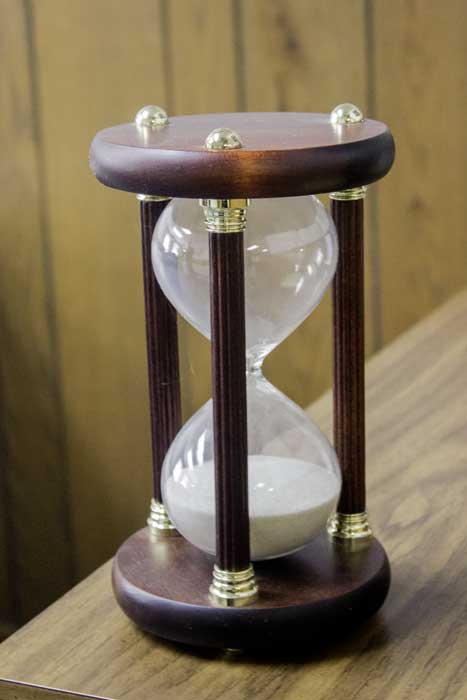Probate
Finding the right probate attorney to help you administer your loved one’s estate can seem difficult. At Hite and Heath L.L.P., we make your probate experience as simple, efficient and worry-free as possible. Experienced in all aspects of probate law, we are willing to assist you every step of the way.

Probate is a court mandated legal process that is used to collect and distribute the property (estate) of someone who dies. When a person passes on, all of their possessions, money, real estate, goods, assets, vehicles etc., that do not have a beneficiary named, are overseen by the probate court in the local county where the deceased was last living. The goals of the probate process are to:
- Verify the validity of the deceased’s will
- Appoint an executor or administrator of the estate to handle the estate paperwork
- Identify, list and value (inventory) the deceased’s property for the court
- Property appraisal (part of the inventory process)
- Pay off the deceased’s debts and taxes
- Distribute the remainder of deceased’s property to those named in the will or, if there is no will, to the persons who inherit under state law
The estate fiduciary (executor or administrator) is responsible for locating and inventorying the decedent’s property and filing the necessary paperwork. An executor is a fiduciary named in a will. If there is no will, or if no executor is named, the probate court will select an administrator to act as the fiduciary of the estate. This is usually but not always a relative of the deceased. The probate court will require the fiduciary of an estate to file an inventory of all the decedent’s assets that are subject to the probate process.
Property held in some forms of ownership or title (those that have a beneficiary named) do not pass through the probate process. These forms of ownership include joint and survivorship, transfer on death, payable on death, and living trusts.
If you are the executor of an estate, or the next of kin of someone who has died, there are several documents that you should bring to your first meeting to help your probate attorney better understand your situation and the estate. These documents include:
- The original (or copy) of last will and testament
- Copies of any documents from the probate court
- Copies of recent financial statements for the deceased including
- bank accounts
- investment accounts
- retirement accounts
- life insurance policies
- Copies of deeds to real estate owned by the deceased
- Copies of bills owed by the deceased including
- mortgage and loan statements
- credit card statements
- Names and addresses of all next of kin, and of all people named in the will
- Copies of any gift tax returns
- Copies of any living trust documents
Probate is intended to be a streamlined process, designed to assist in making probate administration as fast and cost-effective as possible. Properly managing an estate can assure that your family will be cared for and are not tied up in court proceedings and litigation.
When someone dies, it may be necessary to “probate” their estate. Probate proceedings are required by law only where a person has probate assets. These assets would consist of interests in real estate, tangible personal property such as household goods, vehicles, farm equipment and intangible personal property such as bank accounts and stocks and bonds.
-
Probate
Probate assets consist of property titled to the decedent that also do not have a survivorship or transfer on death (“TOD”) or payable on death designation.
-
Non-probate assets
These include life insurance and IRAs where there is a person named as a beneficiary. They also include joint and survivorship real estate, joint and survivorship bank accounts and brokerage accounts and assets in transfer on death form such as real estate and motor vehicles or payable on death form such as bank accounts.
It is possible that all of a person’s property is in non-probate form, in which case no formal probate court proceedings are required to transfer the property. There is some paperwork required to be done for certain types of non-probate property.

In many cases having probate assets, there are simplified procedures available in the probate court to transfer the assets. One is a summary release from administration where there is a surviving spouse and the estate assets do not exceed $40,000 plus $5,000 of the funeral bill or where a third party pays the funeral bill up to $5,000 and seeks reimbursement.
The other procedure is a release from administration proceeding which is available in certain other circumstances where the probate assets are less than $100,000 if the deceased is married and the spouse receives all the assets and where probate assets are less than $35,000 in other cases.
Estate Taxes
Currently, most estates of Ohio residents are not subject to Ohio or Federal estate tax. The Ohio estate tax has been recently repealed and the Federal estate tax currently has a 12.92 million dollar exemption per person. However this exemption is scheduled to go down to 5 million dollars beginning in 2025. Only those estates whose assets exceed the exemption amount need to file a return and pay the tax, if any. Due to this high exemption, very few estates are subject to the Federal estate tax.